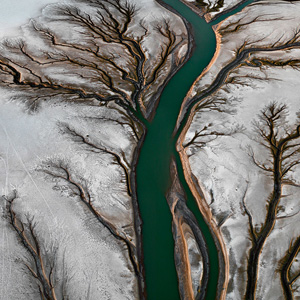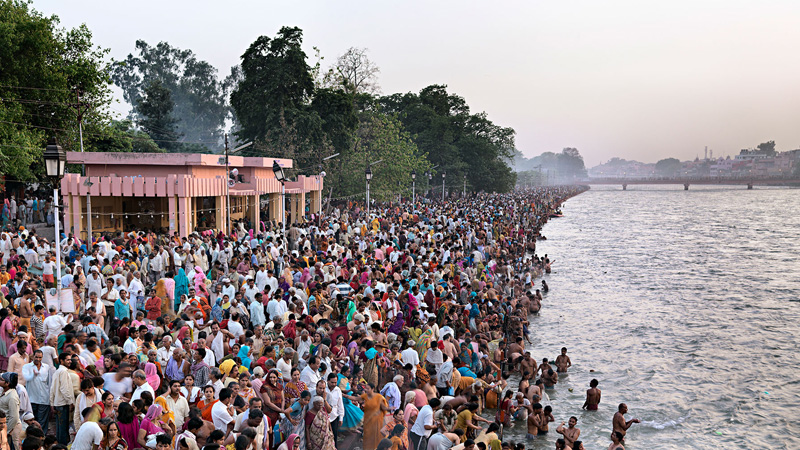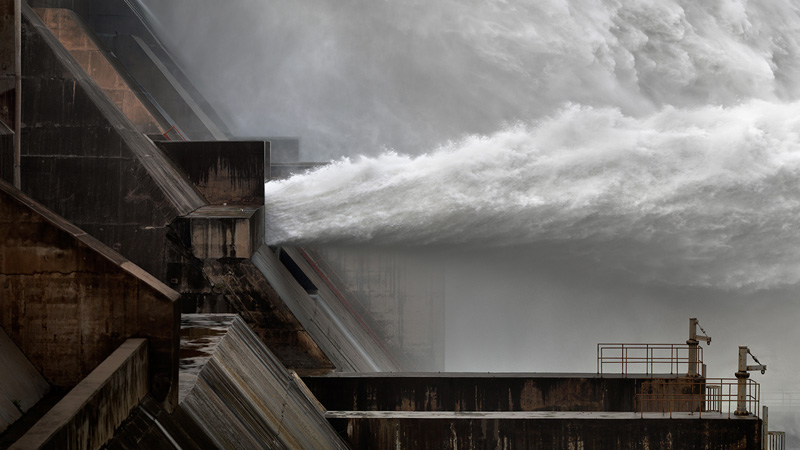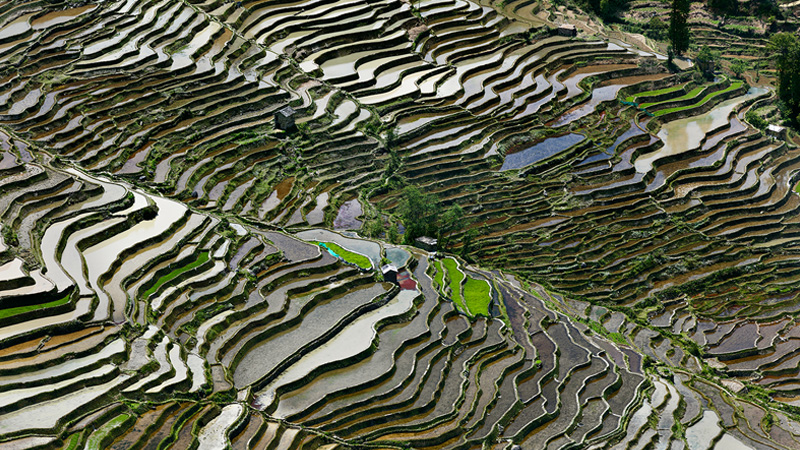Watermark Director Jennifer Baichwal Interview
Jennifer Baichwal is co-director with Edward Burtynsky of the award winning documentary “Watermark” (2013). She is also the director of “Manufactured Landscapes” (2006) shown at Sundance Film Festival. Both films feature Burtynsky’s photography. Baichwal who holds a Masters degree in Theology, is also a philosopher, environmentalist, activist and teacher. Jennifer Baichwal shares her experiences with us in an interview during TIFF in Toronto. She talks about her life as a filmmaker, she gives some sage advise to aspiring filmmakers and discusses how she began her association with Edward Burtynsky. Originally an academic, Baichwal says once she discovered the seductive power of filmmaking she realized it would be her vocation in life. Her husband, producer and cinematographer Nick de Pencier, who is also her business partner at Mercury Films Inc. worked on both projects with her. She discusses how “Manufactured Landscapes”, a meditative art film and “Watermark” came to be made with her husband, cinematographer Nick de Pencier and Burtynsky.
“Watermark” was the second time Baichwal had the opportunity to worked with Edward Burtynsky. She says they originally met when she was invited to take a look at the possibility of making a film about the subject of Edward Burtynsky’s extraordinary photography. She was shown about 200 or more hours of black and white footage taken by another photographer who had joined Burtynsky on a previous expedition to India and Bangladesh. The footage included Burtynsky’s visit to sites such as the 3 Gorges Dam in Bangladesh and the boat breaking sites in India. The footage was not suitable to turn into a film but Jennifer says it inspired her to take on the project.
Baichwal discusses her surprise at the very positive response “Manufactured Landscapes” received, especially with young audiences. The film was intended as a meditative art film and meant to encourage people to see things differently, but quickly she discovered that it resonated with audiences who saw the greater impact of its message as a call to action. Baichwal suddenly found herself in the role of an activist. Making the film was a very rich experience and the team wanted to work together again. A trip to California by de Pencier produced the perfect inspirational footage for the next project. It would focus on human’s great demand for water and how this demand had visibly changed massive landscapes on the planet.
Burtynsky wanted to participate more in this new project and so Baichwal says it was decided he would co-direct. She found the making of “Watermark” to be a very rich experience. It was a film that would be philosophically based rather than narratively based. She describes it as being constructed like beads on a string, each little existential moments where you as a viewer get to be in places you would not normally be able to go, such as rice paddies, the construction sites of the 3 Gorges Dam, the Xiluodu Dam, a sacred bath the Ganges and the huge abalone farms off China’s Aegean coast. The abalone farms are the biggest aquaculture areas in the world and have existed for thousands of years, appearing like a floating city in the middle of nowhere. They are totally sustainable. Baichwal says that looking at the Imperial Valley in California, a totally man-made, vast agricultural landscape in the desert, it begs the question “why can we not do this (sustainable agriculture) here?”. The Imperial Valley exists only because of the Colorado River and the diversion of its water, otherwise where all this agriculture is would be a desert. As a result for the past 40 years the Colorado River has not reached the ocean. But this say Baichwal, may be the substance of another documentary not “Watermark”.
“Watermark” is nominated for a 2014 Canadian Screen Award for Best Documentary Feature and is the winner of 2013 Rogers Best Canadian Film Award. It was a TIFF gala presentation and is available through Mongrel Media. Photos of Edward Burtynsky’s work are courtesy of Nicholas Metivier Gallery, Toronto, Canada.
Moira Romano






